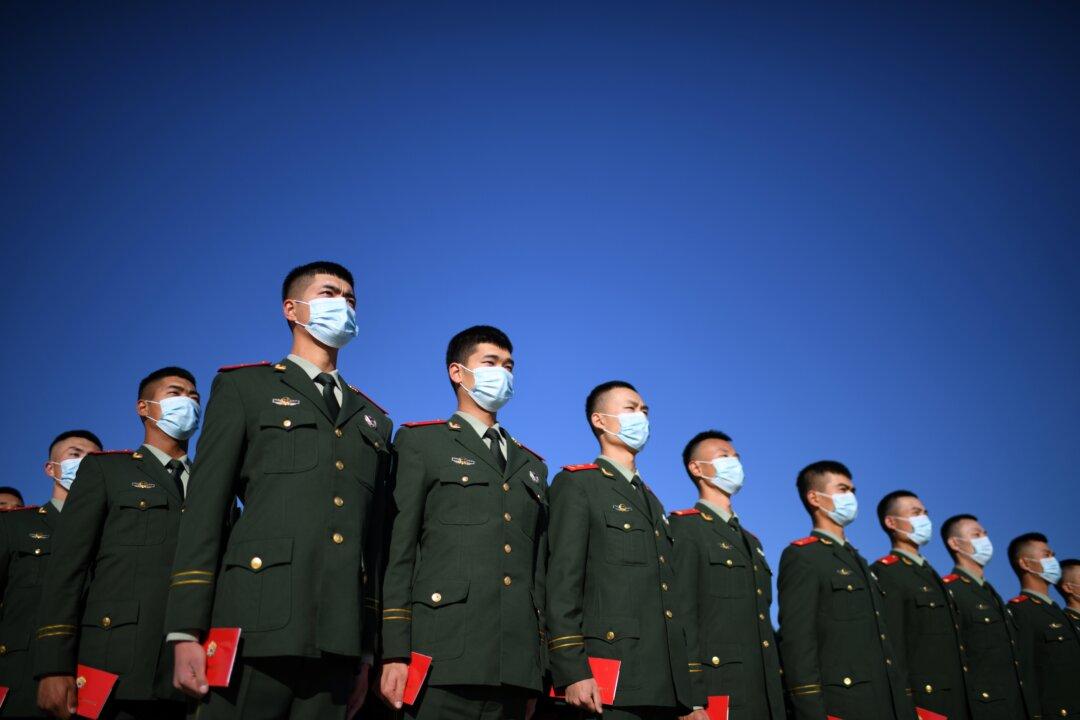Chinese state-run media Xinhua published a series of four commentaries in which it called on the new U.S. administration to “lead the U.S.-China relationship back on track” after years of what one article called “casting poison” onto bilateral relations.
“Treating China as a major strategic competitor or even a rival is a historical, directional, and strategic error [that the U.S. made],” Xinhua wrote in its first commentary published on Feb. 4. “Now the [United States’] most urgent task is to correct itself to take the right path… It’s time for the U.S. to show political foresight and walk toward China.”





